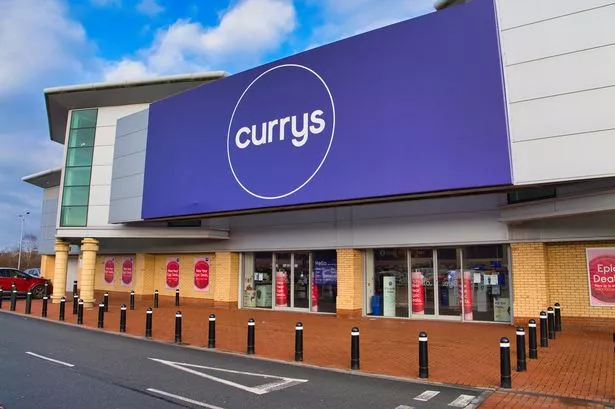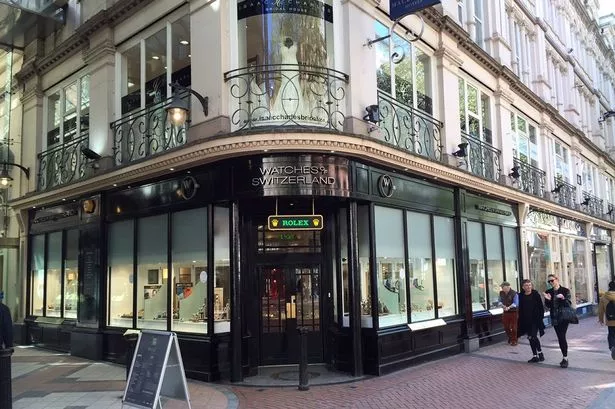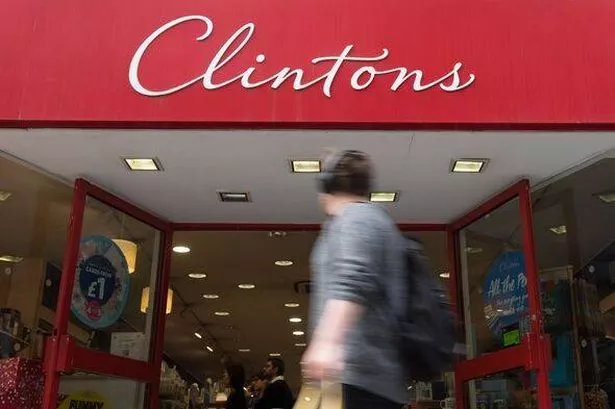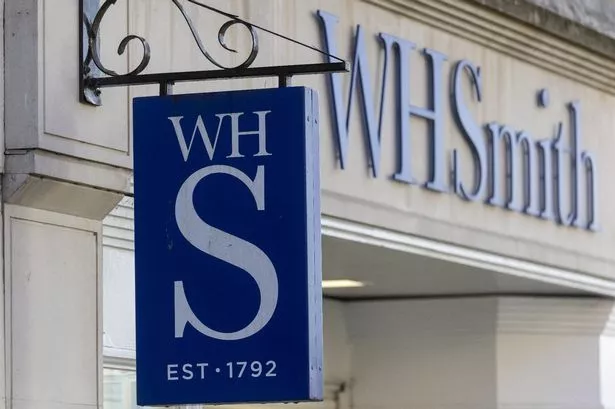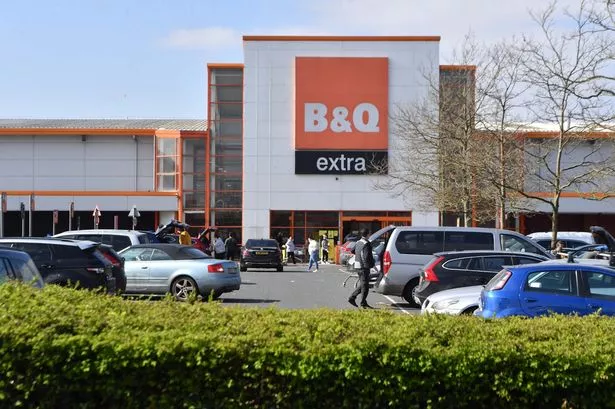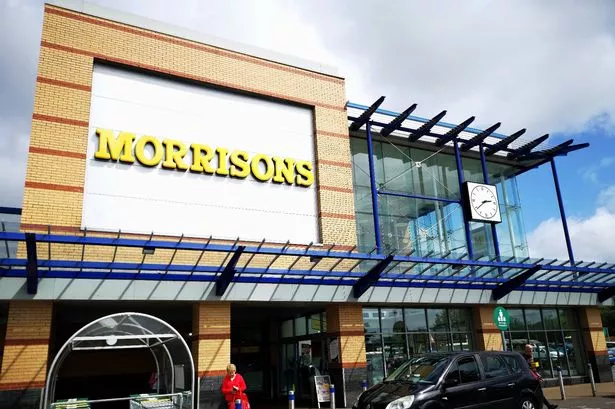
Lush has announced aspirations to open a unique UK hotel as part of its latest business developments outlined amidst the backdrop of financial struggles and President Donald Trump's trade measures, despite sinking further into losses.
Operating from its base in Dorset, the ethical cosmetics retailer provided minimal specifics in its annual accounts regarding the hotel venture but confirmed it is collaborating with a "British partner" on this new hospitality initiative, marking a novel endeavour beyond its current global network of approximately 870 retail outlets, as reported by City AM.
In line with strategic shifts due to international economic pressures, Lush made the "sad decision" to shutter its Dusseldorf manufacturing site by 2024, opting to centralise North American production activities at its Toronto facility, consequently transferring operations previously based in Germany to its Poole factory in the UK.
According to the recently filed company accounts, Lush cited the 25 per cent tariff imposed by President Trump on Canadian goods as the impetus for its decision to "pass this tax directly to our American customers". The firm also made it clear that there are no intentions to set up a manufacturing presence in the US.
With an eye towards bolstering its global reach, Lush is actively seeking to establish new franchise opportunities in Italy and France and is engaging with fresh partnerships in India and Indonesia. Ambitious plans entail the launch of about 30 new shops across these areas over the next ten years.
Moreover, the company is pursuing "a more imminent expansion" strategy in Turkey and nascent markets such as Panama and Cyprus.
The recent disclosures by Lush, included within documents submitted to Companies House, shed light on the company's extensive job creation schemes, the anticipatory opening of a UK-based hotel, reactions to President Trump's tariffs on imports, and plans for international growth.
The firm's turnover decreased from £708.1m to £647.5m in the 12 months leading up to 30 June, 2024, while its pre-tax loss expanded from £28m to £42.5m.
In the previous year's accounts, Lush had stated that its partnership deals with the SpongeBob SquarePants and Barbie brands were contributing to sales growth.
Lush's retail sales dropped from £576.2m to £548m over the year, while its digital sales declined from £107.3m to £101.3m. Manufacturing turnover remained largely unchanged at £24m.
The company's average headcount increased from 13,034 to 13,614, while it operated 869 stores at the end of the year, up from 857.
A statement signed off by the board said: "We began the year strongly, achieving total sales growth of 5.7 per cent in Q1."
"Our latest cross-brand collaborations, including Barbie and SpongeBob, proved popular with customers and helped to drive increased shop footfall and online traffic."
"However, Q2 delivered mixed results across our markets and we struggled to sustain the growth trajectory of the first quarter."
"December, our most important trading month, saw sales decline by 2.2 per cent."
"That said, there were many highlights to celebrate, including record-breaking sales days for nearly 100 stores and five countries (including the UK)."
"We also recorded our highest ever daily revenue for a single store, with our incredible new Glasgow anchor taking over £100,000."
"Following Christmas, shifts in the calendar for internal product launches and seasonal events such as Easter and Mother's Day caused some monthly fluctuations, however, overall sales remained broadly in line with last year."
"Over the past two years, global political and economic challenges have driven unprecedented levels of cost inflation."
"Understandably, the business has prioritised mitigating significant increases in raw materials, wages and energy costs."
"More recently, our focus has shifted toward reigniting sales growth, and we are beginning to see positive signs."
Lush reported that in the final month of its financial year, it saw a 3.2 per cent increase in combined retail and digital sales compared to the previous year.


